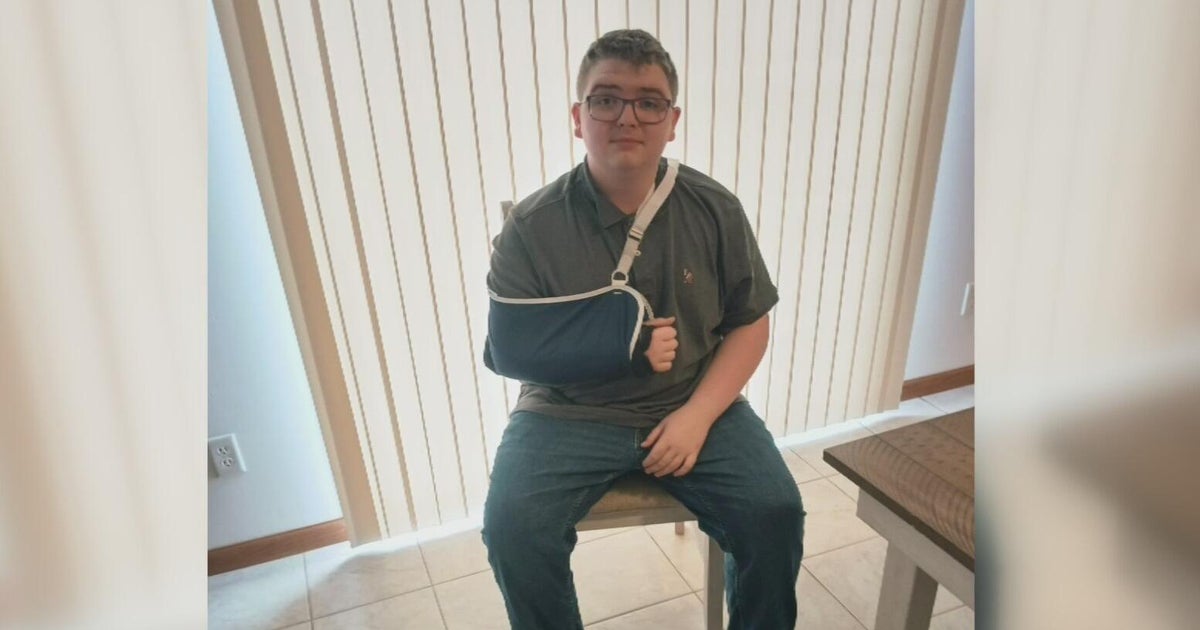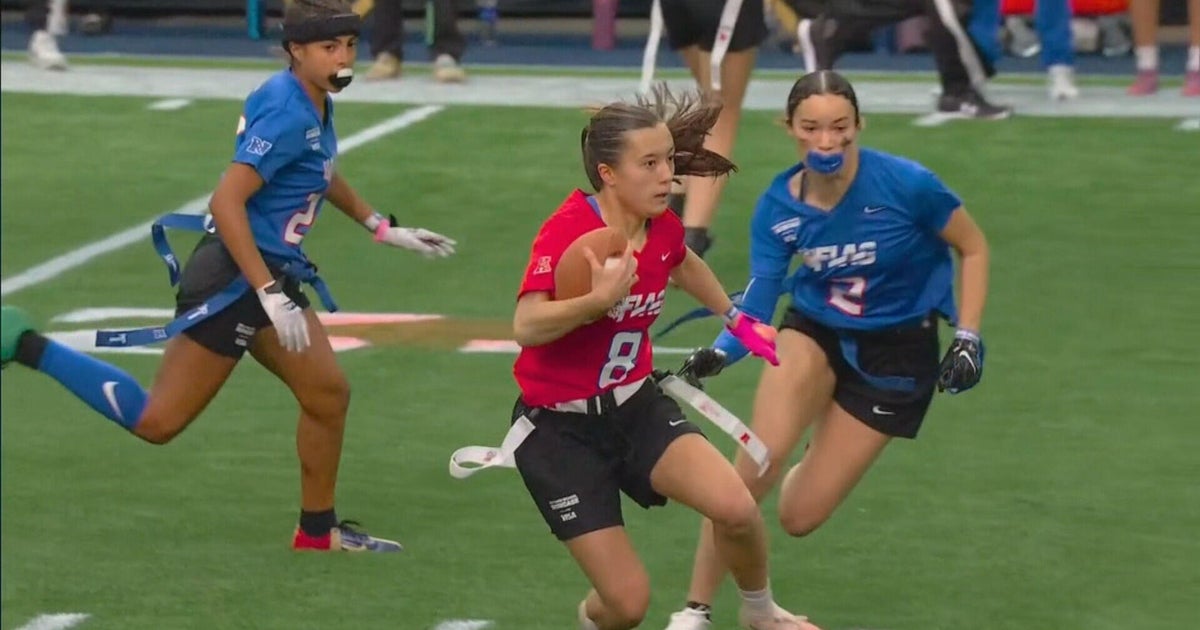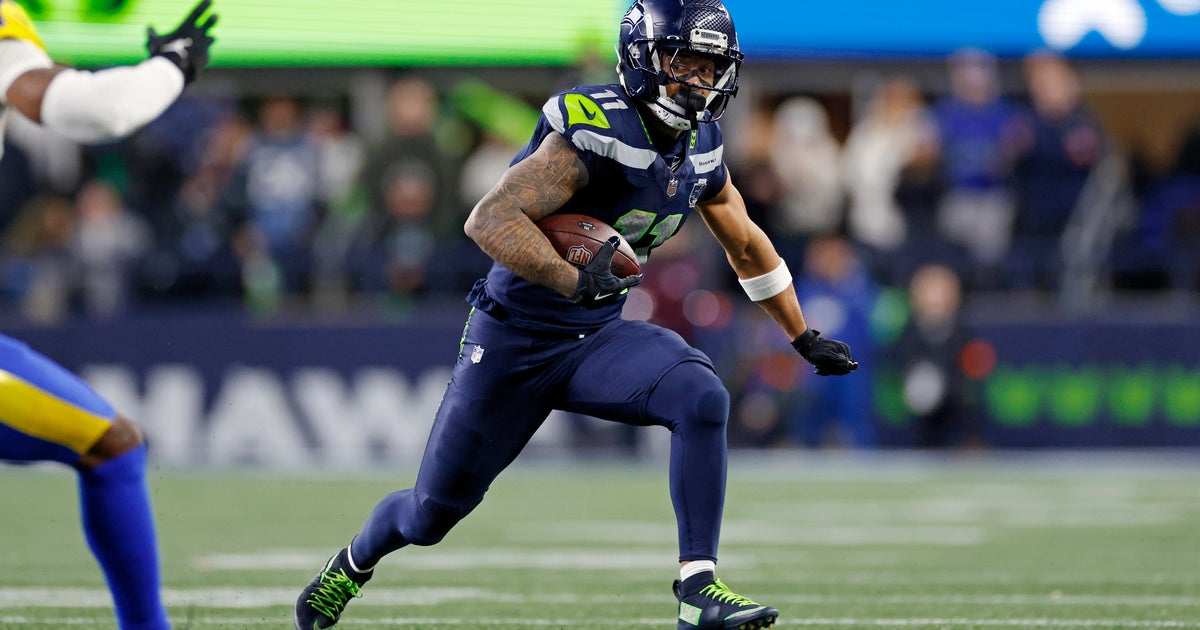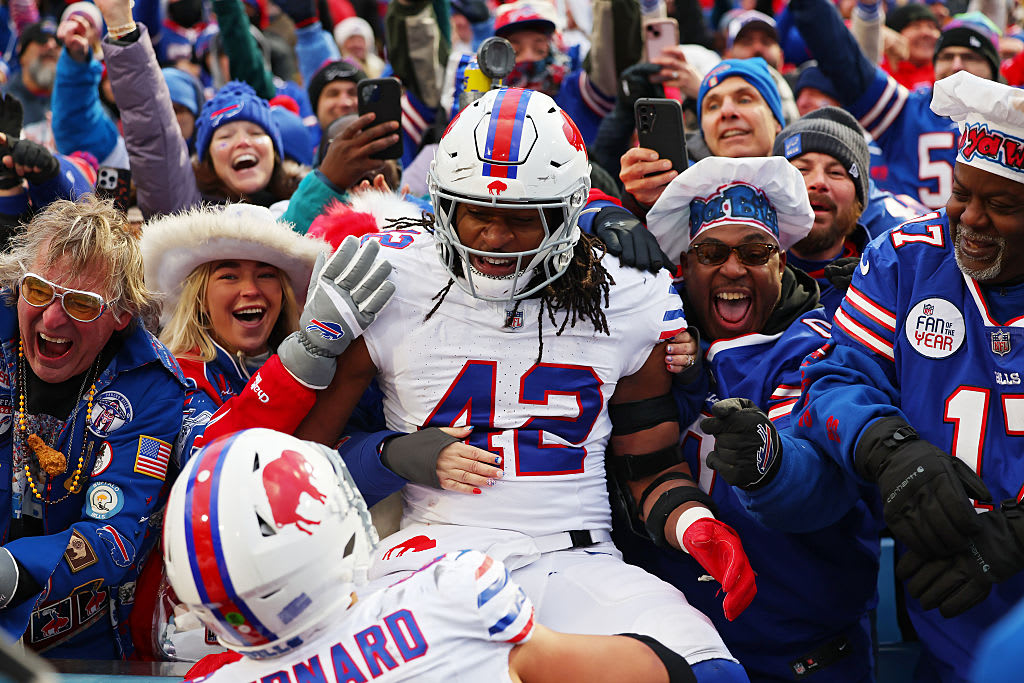NFL players with concussion histories have reduced cognitive performance, study shows
A large study looking at over 350 former National Football League players found that players with a history of concussions and concussive symptoms had reduced cognitive performances later in life.
The study, led by Mass General Brigham investigators from McLean Hospital and Spaulding Rehabilitation Network, compared former players against men of the same age and found that players who had concussions during their NFL careers scored worse on assessments of episodic memory, sustained attention, processing speed and vocabulary.
The study required 353 former players — who had on average retired from the NFL 29 years ago — to complete hour-long online tests. Concussion information and details about players' symptoms was self-reported. Researchers then compared the players' test scores to the scores of 5,000 male volunteers who did not play football. The comparison found that while younger former players outperformed nonplayers on some tests, older retired players were more likely to perform worse.
Researchers found that multiple concussions didn't lead to increased troubles later in life; instead, the bigger concern for researchers was what symptoms a player had after a concussion.
Dr. Laura Germine, the study's lead author and the director of the Laboratory for Brain and Cognitive Health Technology at McLean Hospital, told CBS News that researchers found loss of consciousness after a concussion seemed to result in the most reduced performance later in life, though the symptoms a player reported, such as headaches, nausea, dizziness, seizure or memory problems, were mostly looked at in the aggregate.
"One symptom we did pull out as being maybe qualitatively different was loss of consciousness ... The loss of consciousness specifically was associated with cognitive performance years after playing careers had ended," said Germine, who is also an associate professor of psychiatry at Harvard Medical School. "Of all the symptoms aggregated together, that was the most sensitive to those long-term differences in cognitive performance."
Other factors, like years of play or age of first football exposure, were not found to have an impact on cognitive performance.
Germine said that while the NFL has made strides to reduce concussions and educate players, there still needs to be more work done to limit the risks. Part of the reason younger players studied may have less damage than the older players, Germine said, is the changes made in the sport and the more protective equipment and gear that younger players may have worn while playing.
"Football today is very, very different from 30 years ago, 20 years ago, even 10 years ago," Germine said. "A lot of changes have been made to improve concussion detection, to prevent concussions and injury in general, and to address player health at the time that a concussion occurs. Could more be done? Yes."
Germine said that the league should emphasize detecting a head impact at the time of a concussion, track symptoms, and if a player has multiple concussions, they should be treated in conjunction with each other, not as separate medical events.
Player education also matters, she said.
Teams and medical staff should be "making sure that players are well-educated in ... the long-term differences that are associated with brain injury and with concussions, so that it's not just about this game, this moment, but about it as something that one needs to do to maintain one's healthy functioning and brain health in the long term," Germine said.
Former players should also be aware that the impacts of concussions can follow them even for decades after they leave the field, Germine added.
"The story is not over here. We are looking 30 years later, and we're seeing differences, right?" she said. "We have to be taking care of players. They have to be able to take care of themselves and their brain health in the long term."



